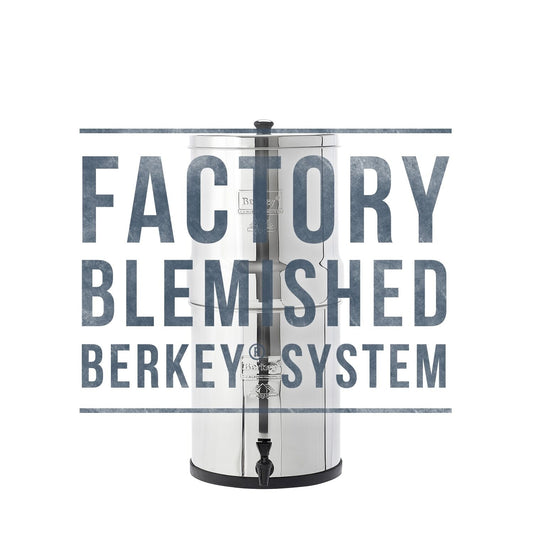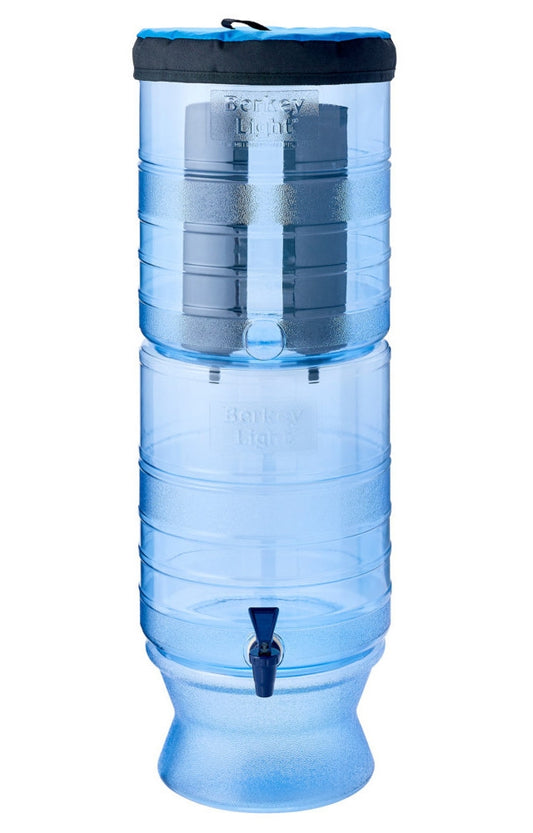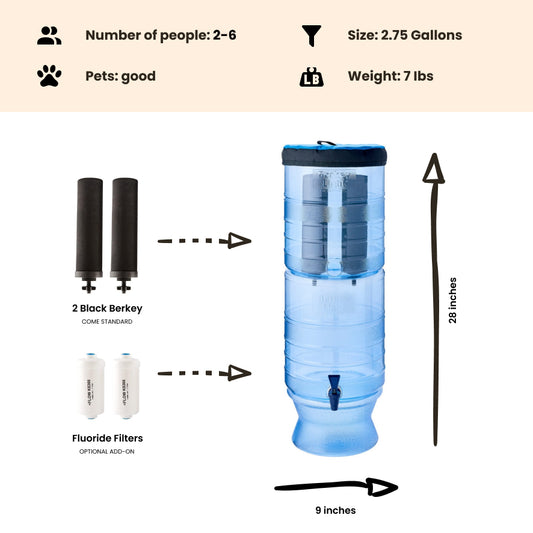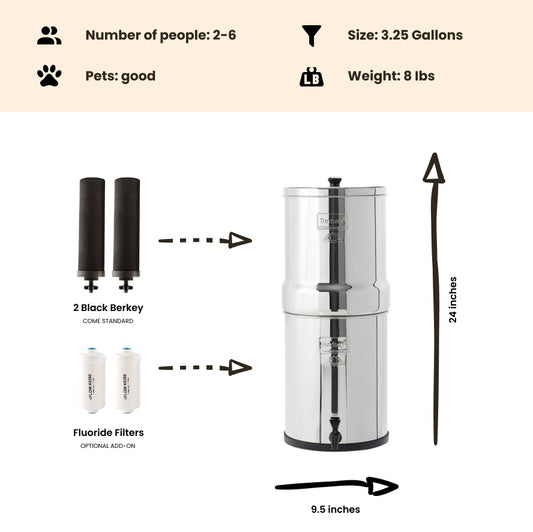Testing Reveals Coal Ash Waste in Groundwater Around U.S.
By Dan DeBaunShare
With a new report released last week, the Environment Integrity Project unveiled more evidence that waste from coal-fired power plants is contaminating drinking water across the country. The report, Risky Business, lists 19 new sites near coal ash ponds and landfills where groundwater testing revealed arsenic or other contamination at levels that violate the Safe Drinking Water Act.
Coal Ash Contaminates Groundwater
"The Environmental Integrity Project (EIP) has been collecting evidence of groundwater contamination near coal ash ponds and landfills for several years, and the more we look, the more we find," the group writes. "Since 2010, EIP has identified 90 coal ash ponds and landfills with groundwater contamination that have been overlooked in reports prepared by the U.S. Environmental Protection Agency (EPA)." Coal ash contamination is a serious ongoing issue that we continue to cover.
Coal ash is a very fine dust that gets caught in the pollution control equipment of coal-fired power plants. Coal ash contains a number of toxic heavy metals, including arsenic, lead and mercury, as well as cancer-causing dioxins and polycyclic aromatic hydrocarbon (PAH) compounds.
Federal Coal Ash Waste Regulation Pending
EIP is one of many groups that has been asking The Environmental Protection Agency to better regulate the disposal and recycling of ash, which is often stored as sludge in holding ponds near power plants. A disastrous collapse of the dam holding a pond owned by the Tennessee Valley Authority dumped somewhere between 525 million to 1 billion gallons of coal ash sludge 6 feet deep over 400 acres of homes and farmland and into the Emory River.
Arial Footage of 2008 TVA Coal Ash Spill
So far, the federal government has left regulation of ash disposal to the states but EPA has been working on a set of federal regulations for several years. In 2010, the agency began taking comments on proposed rules but the outcome is far from certain. Earlier this year, the U.S. House of Representatives voted on a bill that, if passed by the Senate and signed into law, would block any such regulations.
"We already have here a clear and present danger to America’s public health; it is no solution for Congress to hand authority for addressing the problem permanently to states that have refused to enforce common-sense standards for the past 30 years and hope that the whole problem then somehow goes away,” said EIP's Coal Combustion Waste Initiative Director Jeff Stant.
Report Identifies 20 New Sites of Coal Ash Water Contamination
By state, the sites identified in the report are:
• Illinois (7): Dallman Power Station, Joliet Station, Joppa Plant, Meredosia Power Station, Pearl Station, Powerton Station, and Waukegan Station;
• South Carolina (3): Cross Station, McMeekin Station, and Winyah Station;
• Iowa (2): Fair Station and Prairie Creek Generating Station;
• Texas (2): Coleto Creek Station and W.A. Parish Station;
• Florida (1): Plant Crist;
• Georgia (1): Plant Yates;
• Indiana (1): soil at an urban rail trail in Bloomington;
• Kentucky (1): Paradise Fossil Plant;
• Nevada (1): North Valmy Station; and
• Tennessee: (1) Allen Fossil Plant.
For the full text of the report, check out the Environmental Integrity Project website.
-

 Sold outRegular price From $302.00 USDRegular priceUnit price / per
Sold outRegular price From $302.00 USDRegular priceUnit price / per -

 Sold outRegular price $234.00 USDRegular priceUnit price / per
Sold outRegular price $234.00 USDRegular priceUnit price / per -

 Sold outRegular price From $305.00 USDRegular priceUnit price / per
Sold outRegular price From $305.00 USDRegular priceUnit price / per -

 Sold outRegular price $327.00 USDRegular priceUnit price / per
Sold outRegular price $327.00 USDRegular priceUnit price / per -

 Sold outRegular price From $367.00 USDRegular priceUnit price / per
Sold outRegular price From $367.00 USDRegular priceUnit price / per -

 Sold outRegular price From $408.00 USDRegular priceUnit price / per
Sold outRegular price From $408.00 USDRegular priceUnit price / per -

 Sold outRegular price From $451.00 USDRegular priceUnit price / per
Sold outRegular price From $451.00 USDRegular priceUnit price / per

Dan DeBaun
Dan DeBaun is the owner and operator of Big Berkey Water Filters. Prior to Berkey, Dan was an asset manager for a major telecommunications company. He graduated from Rutgers with an undergraduate degree in industrial engineering, followed by an MBA in finance from Rutgers as well. Dan enjoys biohacking, exercising, meditation, beach life, and spending time with family and friends.
~ The Owner of Big Berkey Water Filters















